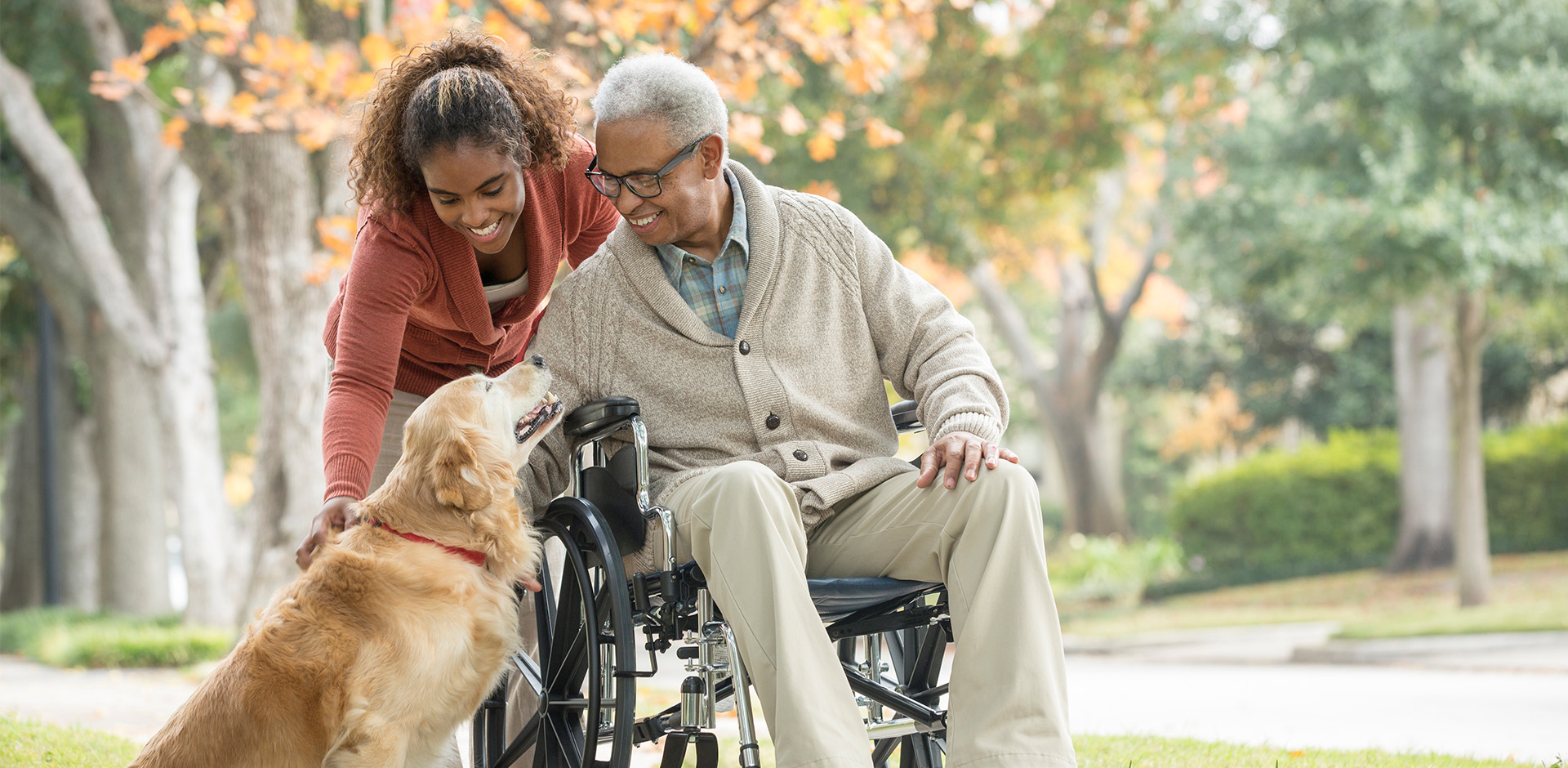COVID-19
COVID-19-related nerve damage
Since the advent of the COVID-19 pandemic in early 2020, many questions have arisen surrounding the relationship between SARS-CoV-2 infection and peripheral neuropathy. As of early 2023, we fortunately have enough information to be able to provide accurate guidance in this area.
56%
One study found that as many as 56% of COVID-19 patients reported symptoms of peripheral neuropathy post-infection.
Nerves
COVID-19, may affect both the central and peripheral nervous systems
3.5%
The risk of getting Long COVID dropped to about 3.5% among vaccinated people in 2024
Small Fiber Neuropathy Can Result from SARS-CoV-2 Infection
Though our understanding may still be evolving, evidence exists that isolated small fiber sensory neuropathy (diagnosed by skin biopsy, not detectable with EMG testing) can result from SARS-CoV-2 infection. In one case series published by Dr. Rory Abrams and colleagues from Mount Sinai Hospital, six patients were identified with skin biopsy confirmed small fiber neuropathy, presenting as new tingling, burning or numbness within two months of COVID-19 illness. Some patients also had associated autonomic symptoms, such as discomfort or dizziness while standing. The severity of their initial coronavirus illness varied – some had mild initial symptoms, while others a moderate or severe illness. Fortunately, most patients who received medication to help with painful sensations felt better with treatment.
Symptom Management is the Main Focus of Treatment
We know that not all patients with neuropathy symptoms following COVID-19 have diagnostic EMGs or skin biopsy tests – for some patients all testing for neuropathy is normal or negative. We do not have a full explanation for this, however, at this point we do know that some patients who experience symptoms of neuropathy following COVID-19 may notice improvement (even without treatment) within months, which can be reassuring. Some patients with pre-existing neuropathy might also notice a feeling that their neuropathy is getting worse after an infection with the coronavirus; however, we do not have evidence showing that COVID-19 infections worsen pre-existing neuropathy (such as that caused by diabetes). We do not currently have sufficient evidence to know if immunologic treatment (such as with IV immunoglobulin or steroids) is effective for patients with small fiber neuropathy after COVID-19 infection, so the main focus of treatment is on managing symptoms, such as pain or discomfort.
The Link Between COVID-19 and Guillain-Barré Syndrome
Finally, there appears to be an association between COVID-19 infection and a potentially more severe form of neuropathy, known as acute inflammatory demyelinating polyradiculoneuropathy, or Guillain-Barré syndrome (GBS). This is not a common complication of COVID-19 infection, and has also been described as an autoimmune response related to infection with a variety of other viruses. From what we know now, it appears that, fortunately, there may not be as strong a causative link between COVID-19 infection and GBS as with certain other viruses.
Symptoms
(Not all symptoms and signs may be present)
Possible small fiber neuropathy symptoms and signs:
- Numbness
- Tingling
- Muscle twitching
- Burning sensations
Possible autonomic dysfunction symptoms and signs:
- Discomfort or dizziness with standing
- Fatigue
- Cognitive impairment
- Blurred vision
- Dry eyes or mouth
- Palpitations
- Fainting
- Sexual dysfunction
- Abnormalities of sweating
Treatment & Therapy
(Not all evaluation and tests may be necessary)
Neuropathic pain medications for treatment of neuropathy symptoms.
References
Abrams, R. M. C., Simpson, D. M., Navis, A., Jette, N., Zhou, L., & Shin, S. C. (2022). Small fiber neuropathy associated with SARS-CoV-2 infection. Muscle & Nerve, 65(4), 440–443. https://doi.org/10.1002/mus.27458
Alcantara, M., & Katzberg, H. D. (2022). GBS and COVID-19: Untangling the Knots. Canadian Journal of Neurological Sciences, 49(1), 1–2. https://doi.org/10.1017/cjn.2021.128
Finsterer, J. (2022). Small fiber neuropathy underlying dysautonomia in COVID‐19 and in post‐SARS‐CoV‐2 vaccination and long‐COVID syndromes. Muscle & Nerve, 65(6). https://doi.org/10.1002/mus.27554
Additional Resources
The National Institutes of Health (NIH) created the RECOVER Initiative to learn about the long-term effects of COVID.
Whether or not you have had COVID, you may be able to participate in RECOVER research.
RECOVER: Researching COVID to Enhance Recovery
https://recovercovid.org/
Resource library
Read our newsletter and explore educational brochures to help expand your knowledge of peripheral neuropathy.





